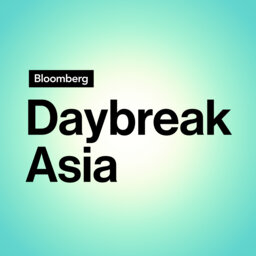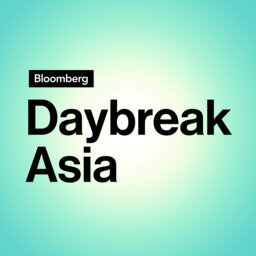Japan's LDP-Led Alliance Loses Majority
Featuring:
Alastair Gale, Bloomberg News Japan EcoGov Reporter
Naomi Fink, Chief Global Strategist at Nikko Asset Management
Diana Mousina, Deputy Chief Economist at AMP
What would YOU like to hear about on Bloomberg? Help make shows like ours even better by taking our Bloomberg audience survey.
Apple: https://podcasts.apple.com/us/podcast/bloomberg-daybreak-asia/id1663863437
Spotify: https://open.spotify.com/show/0Ccfge70zthAgVfm0NVw1b
TuneIn: https://tunein.com/podcasts/Asian-Talk/Bloomberg-Daybreak-Asia-Edition-p247557/?lang=es-es
In 1 playlist(s)
Bloomberg Daybreak: Asia Edition
Listen for business and finance news centered in the Asia-Pacific region. Host Doug Krizner brings…Social links
Follow podcast
Recent clips

US-Iran Risks Hit Markets, Trump: Iran Has Just Days to Deal
20:58

Japan's Takaichi Formally Elected PM, Stocks Get Tech Boost
23:00

US-Japan Trade Deal Details, AI Anxiety Lingers
20:58
 Bloomberg Daybreak: Asia Edition
Bloomberg Daybreak: Asia Edition